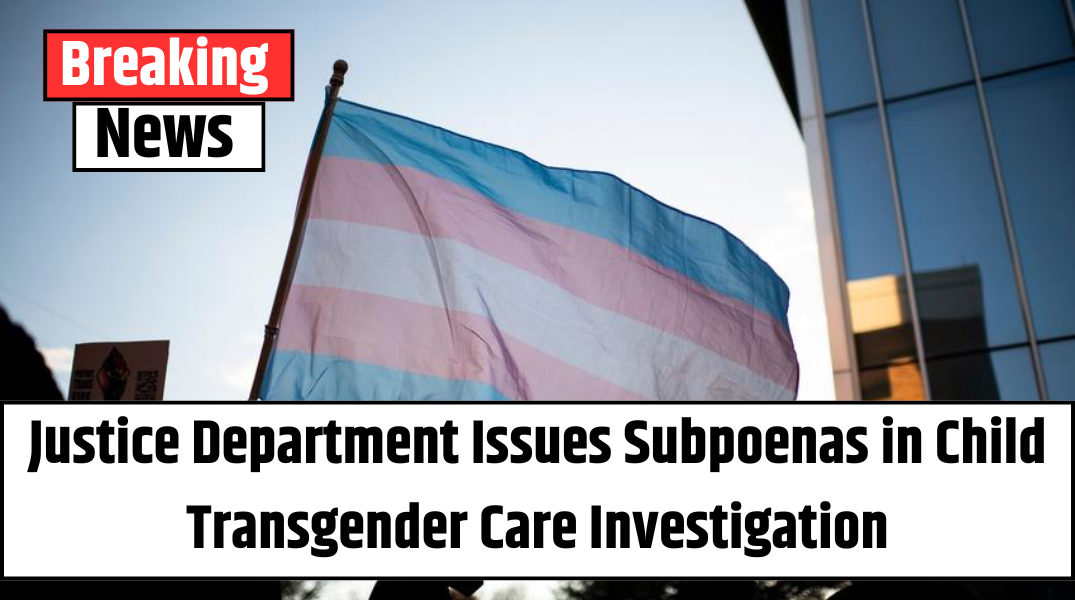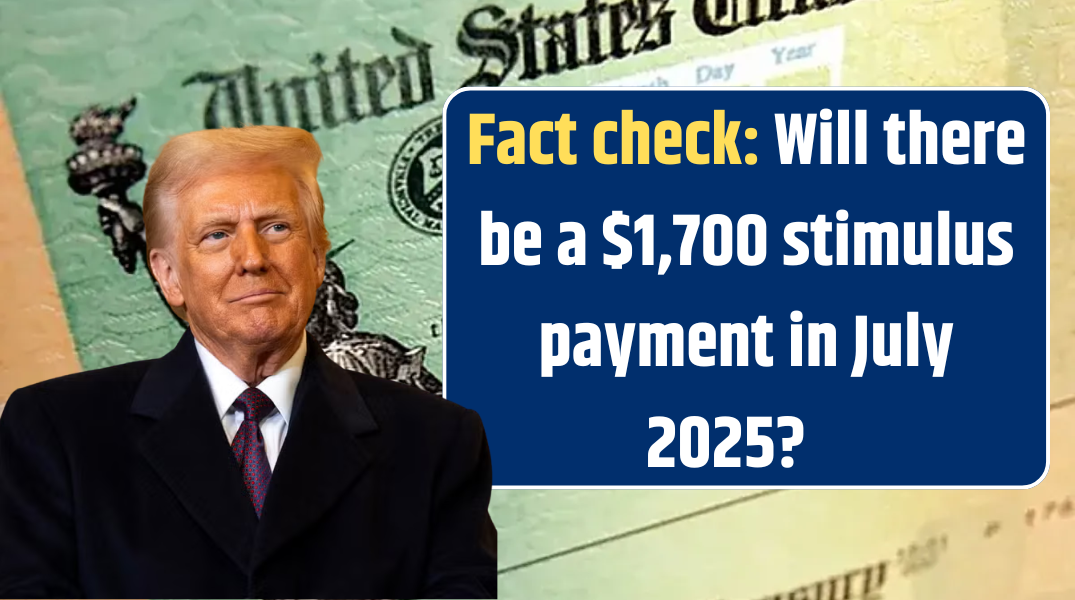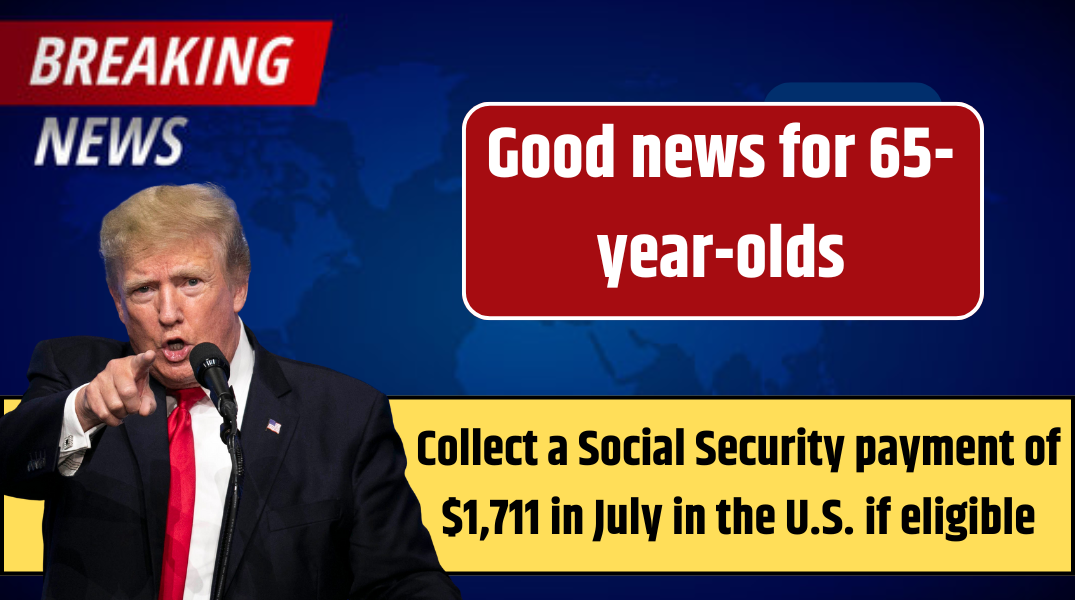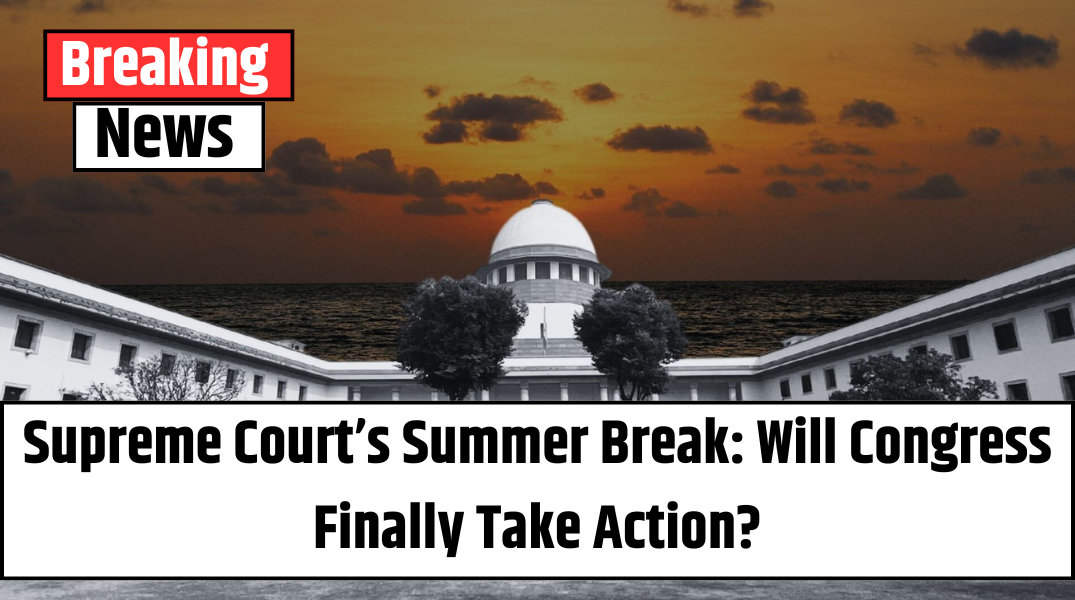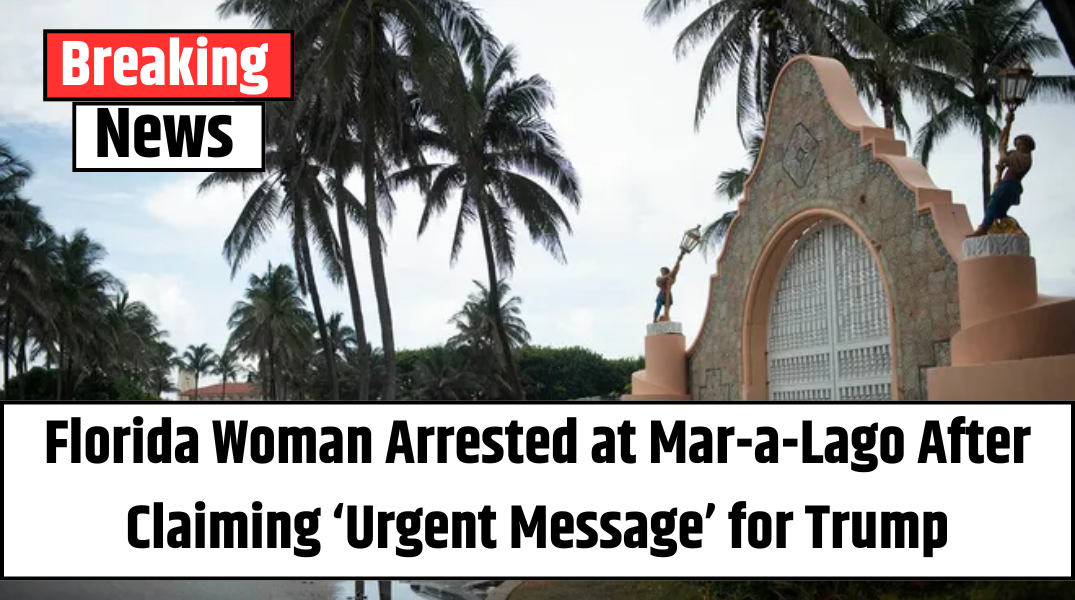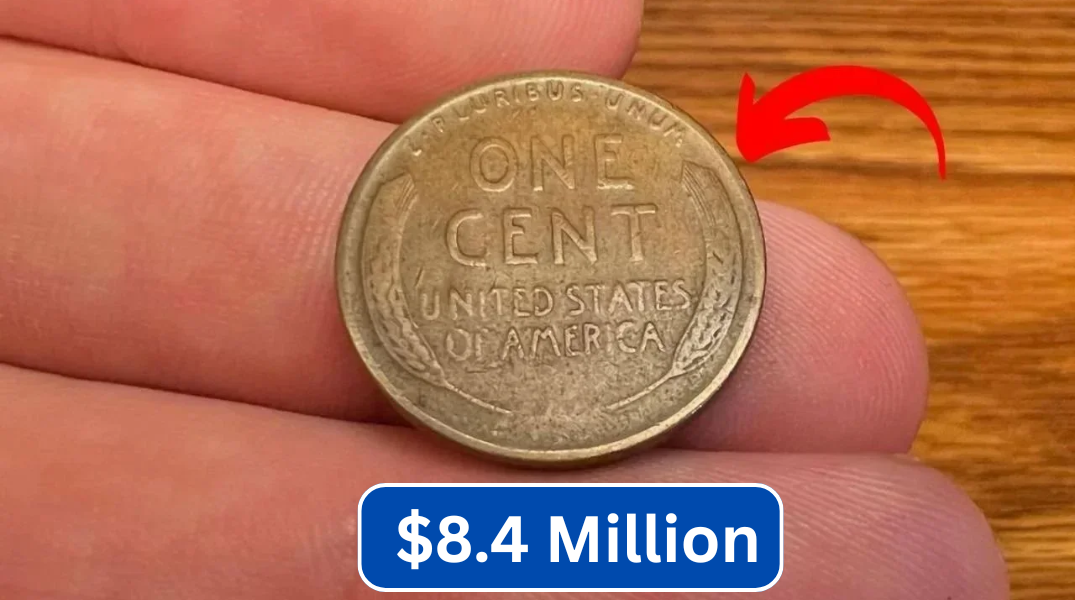On July 9, the U.S. Department of Justice revealed it has issued over 20 subpoenas to medical providers, including clinics and doctors, as part of ongoing investigations into alleged healthcare fraud and false statements related to medical treatments for transgender minors.
According to the DOJ, the subpoenas are tied to an inquiry that aims to determine whether any federal laws may have been violated in the billing or documentation of gender-affirming care for youth. While the department has not disclosed specific details about the targets or evidence behind the subpoenas, the announcement has already sparked intense national debate.
A Controversial Step in a National Debate
This move comes amid a broader political and legal clash over gender-affirming care for minors. Numerous Republican-led states have passed laws restricting or banning the use of puberty blockers, hormone therapies, and surgeries for individuals under 18. Supporters of these bans argue that such interventions are experimental and potentially harmful, while opponents—including major medical groups—maintain that the treatments are essential for the mental and emotional well-being of transgender youth.
Attorney General Pam Bondi, in a statement released with the DOJ’s announcement, emphasized the government’s intent to pursue accountability where necessary.
“Any medical provider who violated the law under the guise of ideology will face scrutiny,” said Bondi. “We will ensure federal statutes are enforced, particularly when it involves vulnerable populations.”
Support from Critics, Concern from Advocates
The DOJ’s action has drawn praise from critics of gender-affirming care, many of whom argue the procedures are inappropriate for children and adolescents. For conservative groups and politicians, the announcement is seen as validation of long-standing concerns.
Also Read – Florida to Ban Weather Modification Activities Starting Next Week
Conversely, LGBTQ+ advocacy organizations and health professionals are raising red flags, saying the investigation could further stigmatize transgender youth and discourage access to medically supported care. They worry that the subpoenas could have a chilling effect on providers offering services that are widely endorsed by leading medical institutions in the United States.
The American Medical Association (AMA) and the American Academy of Pediatrics (AAP) both support gender-affirming care when it is offered under strict clinical guidelines and in consultation with families and mental health professionals. They assert that withholding care can increase rates of depression, anxiety, and suicide among transgender youth.
International Trends Add Complexity
The global landscape around this issue is shifting. Several European nations have reevaluated their policies in recent years. England’s National Health Service, for instance, has moved to tighten oversight of pediatric gender services following a comprehensive review. That review called for more research and cautious approaches, particularly for treatments like puberty blockers and hormones.
These policy changes have been cited by U.S. lawmakers as justification for tightening domestic regulations. However, many experts point out that European nations are not banning care outright but rather instituting more rigorous evaluation procedures.
Legal Context: Supreme Court Upholds State Ban
The Justice Department’s latest action follows a key legal development in June, when the U.S. Supreme Court upheld Tennessee’s law banning gender-transition treatments for minors. In a 6-3 decision along ideological lines, the Court ruled that states have the authority to regulate medical practices for children, even if it means restricting access to treatments approved by major health organizations.
This ruling has emboldened other states to implement or consider similar bans. Legal challenges continue in multiple jurisdictions, suggesting that the issue will remain in the courts for years to come.
What Comes Next?
It’s unclear whether the subpoenas issued by the DOJ will lead to criminal charges or civil penalties. In most healthcare fraud investigations, prosecutors examine billing practices, medical necessity documentation, and patient consent forms. If investigators uncover systematic abuse or falsification, legal action could follow.
Also Read – Bike MS 2025: Sign Up for the Best Dam Bike Tour and Support a Cause
For now, medical providers across the country are watching closely. Some fear that increased scrutiny will discourage doctors from offering care even when it is legally permitted and medically appropriate. Others argue that stronger oversight is needed to ensure that minors are not subjected to irreversible treatments without comprehensive evaluation.
Conclusion
The Justice Department’s investigation into providers of gender-affirming care adds a new layer of complexity to an already heated national conversation. As the legal, ethical, and medical debates evolve, the impact will be felt not only in courtrooms and clinics but also in the lives of transgender youth and their families.
